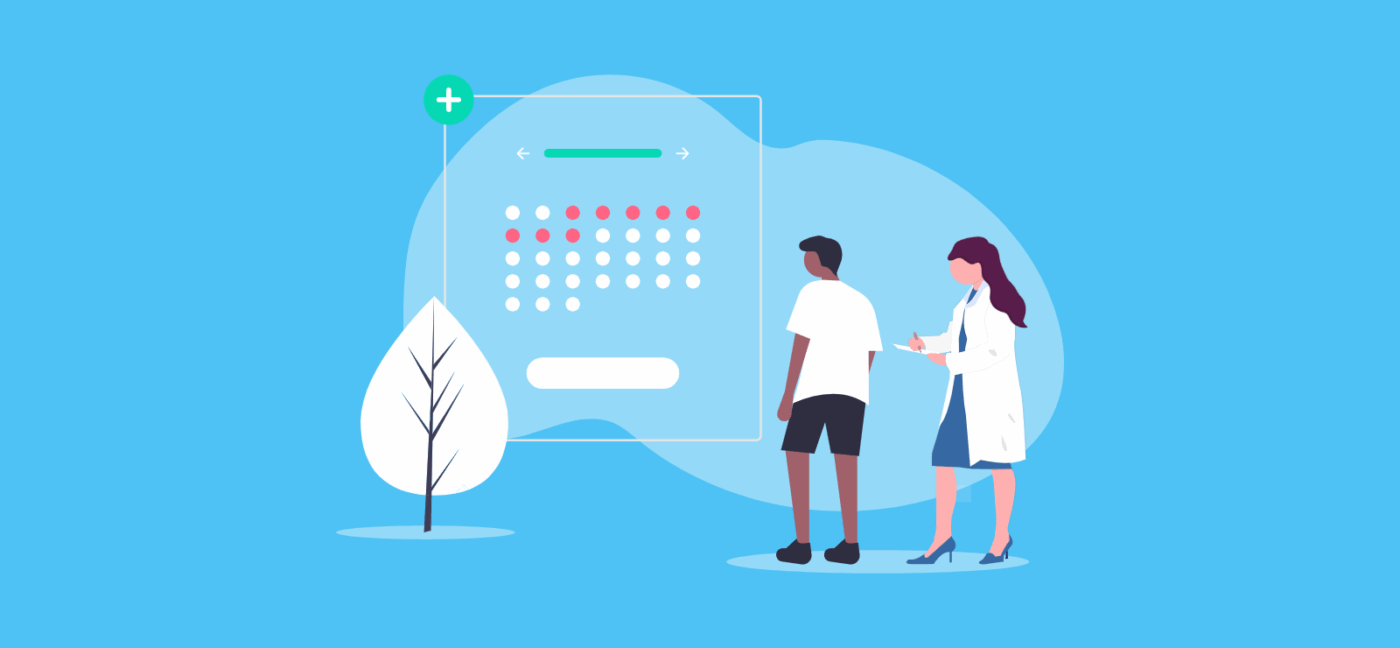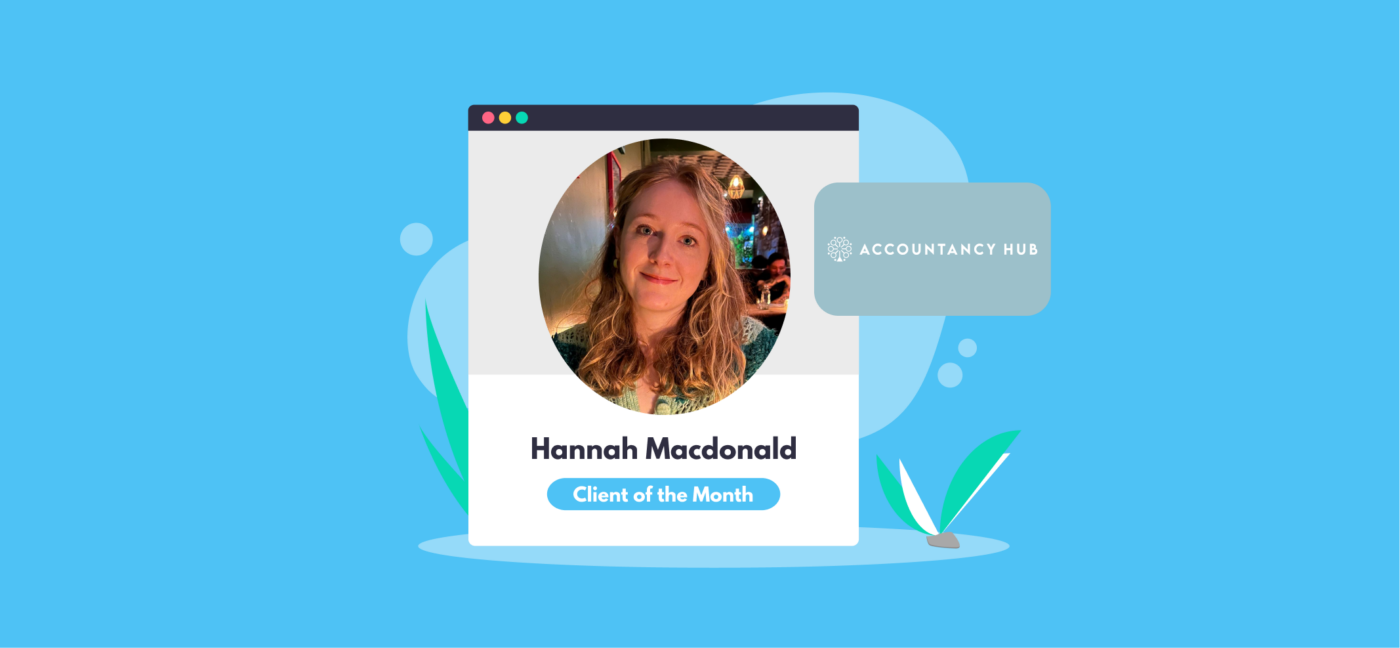

Sick Pay for the Self-Employed
Taking time off work for health reasons is worrying enough without adding financial pressure into the mix. Most people who work full or part time for an employer receive Statutory Sick Pay (SSP), but if you’re self-employed this unfortunately isn’t an option.
The good news though is you may be able to claim other benefits whilst self-employed if you can’t work due to illness, injury, or disability. In this article we’ll go over what options are available to you.
What sickness benefits can I claim if I’m self-employed?
There are some sickness benefits you may be able to claim if you’re self-employed and struggling to work. A good place to start is the benefits section of the Gov.uk website as you’ll find the most up-to date information. We go into more detail below, but typical examples include:
- Employment and Support Allowance
- Personal Independence Payment (PIP)
- Universal Credit for self-employed people
Employment and Support Allowance
The Employment and Support Allowance (ESA) can be claimed by people who are self-employed, unemployed, classed as a student, or employed but not eligible for Statutory Sick Pay (SSP).
Will I have to stop working?
The good news for self-employed workers is that receiving ESA doesn’t have to mean putting your business on hold. If your illness allows you to continue work, but restricts or reduces your ability to do so, you may still be eligible.
Am I eligible for the Employment and Support Allowance?
To be eligible for Employment and Support Allowance (ESA) you must be younger than state pension age, older than 16, and have a ‘fit note’ from your doctor. If you already get Statutory Sick Pay or Jobseeker’s Allowance, you will not be able to get the Employment and Support Allowance at the same time.
How do I apply for Employment and Support Allowance?
You can apply online or via your local Jobcentre Plus. Part of the assessment process involves demonstrating you are unable to work because of your illness, injury, or disability.
You might need to complete a Work Capability Assessment questionnaire, or have a medical assessment at an in-person appointment. If you have been diagnosed with a terminal illness, then you will not have to be assessed.
Personal Independence Payment (PIP)
PIP is a benefit paid to people who find it harder to get around, or who need extra care due to a long-term health condition or disability. It consists of two components: mobility, and daily living. The mobility component is intended to help with getting about, and the daily living element is for extra help with day-to-day activities such as washing or dressing.
You can claim for PIP between the ages of 16 to 64, even if you are working. Read up on Personal Independence Payments and how to claim on Gov.uk/PIP
Universal Credit for self-employed people
You may be able to claim Universal Credit if you’re self-employed. This can help you meet your costs if you’re on a low income or looking to grow your business. To claim Universal Credit, you’ll need to show:
- Your main source of income is through self-employment
- You regularly work as self-employed
- You expect to make a profit
- You have records relating to your self-employed work, such as receipts, invoices, and accounts information
The above evidence all shows you’re ‘gainfully self-employed’ which means you won’t be expected to look for additional work on top. Bear in mind though, it will be assumed you are earning roughly the same as someone in a similar employed job.
This is usually based on what someone your age would earn if you received National Minimum Wage for the hours you work. This amount is known as the Minimum Income Floor (MIF).
How does the Minimum Income Floor work?
Universal Credit will not make up the difference if you earn under the Minimum Income Floor (MIF). This means you might need to top up your income with extra work if possible. However, if you earn over the Minimum Income Floor (MIF), your actual earnings will be used to work out your Universal Credit payment.
If you only became self-employed recently, the Minimum Income Floor will not apply for 12 months so you will need to be able to prove you’re building your business and/or you have a fit note from your doctor explaining any illness or injury. As part of the process, you’ll be assigned a Work Coach who will guide you.
If you are able to work at all around your illness, disability, or injury, you will need to report anything you earn to the Department for Work and Pensions each month.
The Gov.uk website has all the information you need about universal credit and how to apply. See Gov.uk/universal-credit.
What else can I do to protect myself?
Unfortunately, we all have times when we get sick or hurt ourselves, but with the cost of living high, the thought of limited or no income when you’re self-employed can be terrifying.
Wherever possible, it’s a good idea to build a safety net of funds which you can pay yourself if you ever can’t work. It’s definitely something to consider when deciding your pricing structure (which should also factor in you having some time off for holidays!).
You might also consider hiring freelancers to help you fulfil any existing contracts or projects. Although there will be a cost involved, it may help to avoid disappointed customers.
There are also different types of business insurance, like income protection insurance. Outside of your business, you could also think about critical illness cover (which can help if you have a mortgage, for example).
Arming yourself with the facts and coming up with a plan ahead of time can make a huge difference to both your finances and your stress levels.
Need online accountancy support for your self-employed business? Talk to one of our advisors on 020 3355 4047, or get an instant online quote.
Want to learn more?
Subscribe to our newsletter to get accounting tips like this right to your inbox

Read more posts...

February 2026 Client of the Month: Accountancy Hub
27th February 2026This month we spoke to Hannah, founder of Accountancy Hub. Accountancy Hub | Instagram Hey Hannah! Tell us about your business…
Read More
Paying Yourself a Salary from Your Limited Company
26th February 2026Being a director means you’re legally separate from your limited company even if you’re also the owner, so you’ll need to decide…
Read More
How Do Footballers Pay Tax?
24th February 2026We all know top-flight footballers do alright. But how does tax work for professional footballers? Is it treated as self-employed income, or…
Read MoreConfirm Transactions
The number of monthly transactions you have entered based on your turnover seem high. A transaction is one bookkeeping entry such as a sale, purchase, payment or receipt. Are you sure this is correct?
Please contact our sales team if you’re unsure
VAT Returns
It is unlikely you will need this service, unless you are voluntarily registered for VAT.
Are you sure this is correct?
Call us on 020 3355 4047 if you’re not sure.
MTD IT Quarterly Updates
Your final, end of year MTD Income Tax submission is included in your fee, without this add-on service.
We would recommend you submit the quarterly updates yourself using Pandle or alternative bookkeeping software.
However, if you would prefer us to submit these quarterly updates for you, there is an additional fee of £35.00 per month.
Call us on 020 3355 4047 if you’re not sure.
Bookkeeping
You will receive our bookkeeping software Pandle for free, as part of your package.
You can use this to complete your own bookkeeping, or we can provide a quote to complete your bookkeeping for you.
Please select and option below:
Call us on 020 3355 4047 if you’re not sure.

